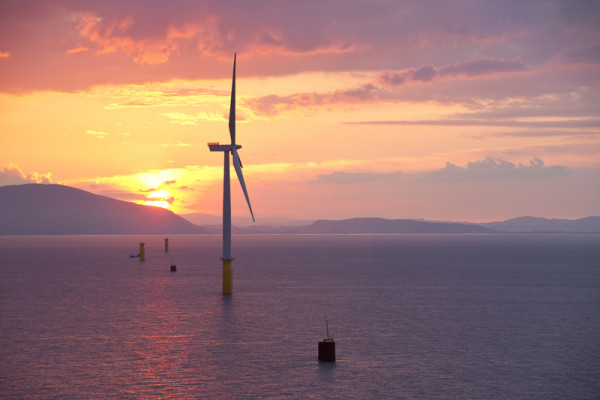What’s next, after historic signing of Paris agreement

We are witnesses to history today as we watch countries come together this Earth Day to formally sign on to the Paris climate agreement.
In December, we cheered as 195 countries agreed to keep global warming beneath a 2C threshold, and aim for just 1.5C from pre-industrial levels. While that agreement was hard fought and much celebrated, it wasn’t the end of our work. It was just the start for governments, businesses and organizations.
And now we’ve come to the next step: signing the agreement. To move beyond a mutual agreement to one that is legally binding, 55 per cent of member countries must sign and then ratify the agreement in each country, representing at least 55 per cent of all global greenhouse gas emissions.
Once ratified, we can’t stop there. Countries need to set targets and create regulations and laws to meet them.
This last step is key. Canada’s withdrawal from the Kyoto climate protocol in 2011 demonstrated that these agreements can fail despite best intentions if countries don’t take action to ensure they are on track. The Canadian federal government’s initial steps and consultations are promising, and we look forward to working with them to achieve the deep and significant emission cuts that are necessary to get us back on track for a world with less than 2C warming.
We know the consequences of climate change will be devastating for our planet, nature and humanity. That’s why at WWF-Canada we celebrate Earth Day with the good news that our country is signing the Paris accord, but know that this is only the first step.
Now it’s time to act. Here’s what’s at stake:
- The health of Canada’s rivers and lakes. According to the Intergovernmental Panel on Climate Change, freshwater ecosystems are the most vulnerable to the effects of climate change. We’re already seeing those impacts in Canada, where WWF’s Watershed Reports found that the current threat from climate change is “moderate” to “high” in nine of the 11 watersheds that we’ve assessed so far.
- The stability of northern communities, ecosystems and species. Warming in the Arctic is happening at twice the global average rate, impacting weather patterns, species migrations, and most importantly, sea ice and permafrost. Sea ice is a foundation for Arctic communities and marine life, acting as a platform for travel and hunting and providing critical habitat.
- The resiliency of ocean ecosystems. Increased temperatures from climate change are altering entire ecosystems, while higher levels of acidity is putting tremendous pressure on species. Ocean ecosystems are already crashing due to overfishing and these new forces are making them even more delicate.
